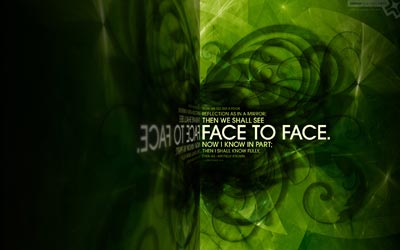 With the tragic and unbearably sad death of Rick and Kay Warren’s son last weekend to suicide, along with the plethora of tragedies that America has been besieged with this week, there has been much discussion on the blogosphere and in the news surrounding mental illness or instability.
With the tragic and unbearably sad death of Rick and Kay Warren’s son last weekend to suicide, along with the plethora of tragedies that America has been besieged with this week, there has been much discussion on the blogosphere and in the news surrounding mental illness or instability.
The good of this is that it has fostered some healthy discussion. The sad part of this is that it has taken a tragic loss of a life to suicide–a life in the public sphere-that has brought this discussion to the forefront.
I’ve kept pretty careful track of the conversation this week. Some of what I have read, has been complete foolishness. But other of it–we would do well as churches and ministers to heed and listen.
One such article that I believe is worth living is “Mental Illness and the Church”. It can be found at the Biblical Counseling Coalition Blog. The author is Jeremy Pierre.
Mr. Pierre does an excellent job at looking at the issues from all sides without becoming a sensationalist. His premises are solid.
I’ll urge you to read the article on your own, but I’ll add one of the most poignant paragraphs of his article below:
Ultimately, our suffering in this life is meant to make us groan for the life to come, when all creation will be set free from corruption. And we will, too. Body and soul.
I’ve noticed that people who suffer with the most extreme physiological effects of the fall often groan the best. They experience the insanity of the human heart doubly: their own sin works against them, and so do their own brains. And they long for redemption for both their souls and their bodies. And both are exactly what Jesus promises for all those who trust in Him (Romans 8:18-39).
I’m particularly struck by the line :”Their own sin works against them, and so do their own brains.” It is redemption that they long for, but not only redemption for their souls, but redemption for their bodies as well. They do groan the best. With deep groanings. They groan for the day that they will be set free….forever.
I think the following verse sums it up succinctly. And beautifully–“even as I have been fully known”
1 Corinthians 13:12: 12 For now we see in a mirror dimly, but then face to face. Now I know in part; then I shall know fully, even as I have been fully known.
